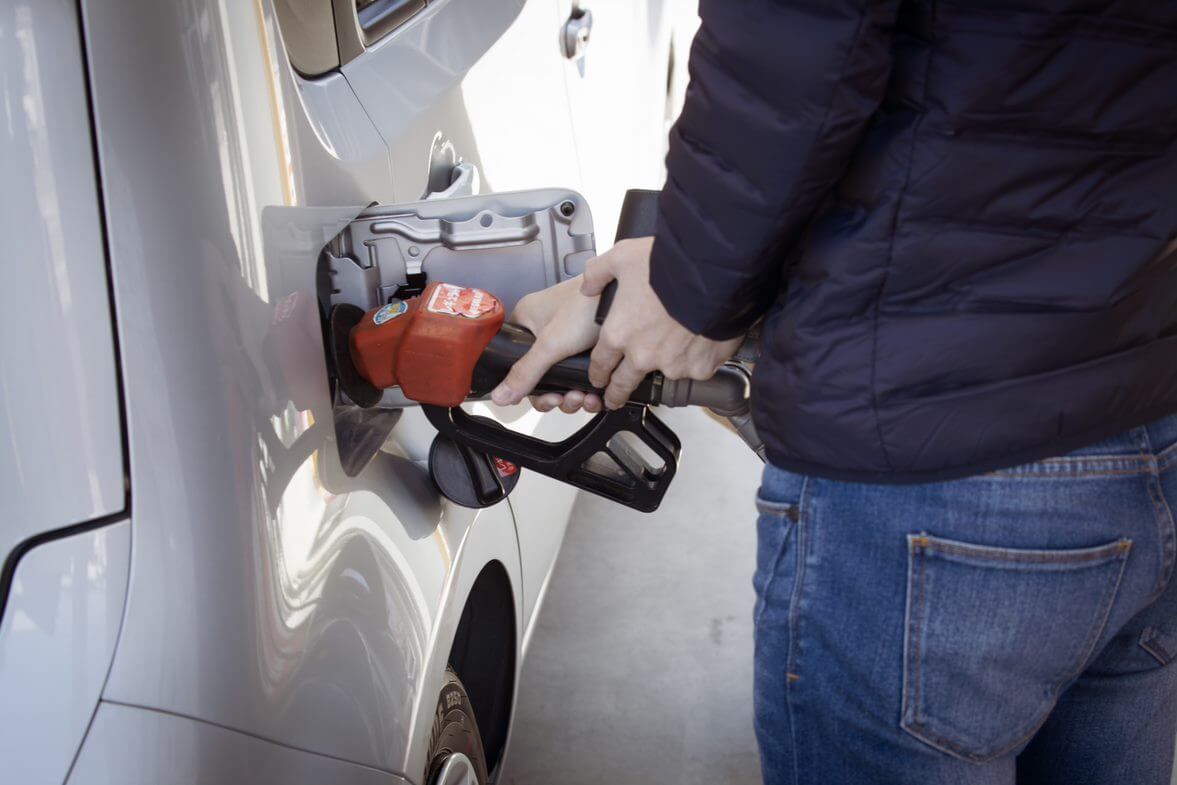
Why Are Gas Prices So High?
Wednesday, Jun 8 2022
Surges in prices at the pump are impossible to miss. With gas costs setting records almost daily, it may make you wonder, “Why are prices so high now?” It’s easy to blame oil companies, gas station owners, or the government. But various factors contribute to painful pump prices. And there are steps you can take, such as cutting other expenses and taking out a fuel saver loan, to help with gas costs.
Why Are Gas Prices So High?
Sixty percent of the money you pay for gas covers the crude oil costs. Another 25% pays for refining, distributing, and marketing it. The remaining cost pays for federal and state taxes imposed on gas, and a portion goes to the station owners.
Crude oil prices fluctuate because of:
- Supply and Demand. Demand for gas and oil plummeted during the pandemic. OPEC and oil-producing nations responded by cutting production. As COVID-19 restrictions loosened around the globe, demand increased, but suppliers were slow to ramp up production.
- Oil Sanctions. Russia’s war in Ukraine caused a rapid spike in prices. Many countries cut oil imports from Russia, limiting supply and pushing prices up.
- Seasonal Demand. Crude oil has seasonal pricing fluctuations. When more motorists are on the road, fuel prices increase in the summer and spring.
- Value of the Dollar. When the U.S. dollar is strong, crude oil is cheaper for Americans. But when the dollar is weak, as it is now, oil becomes more costly.
Combating Rising Gas Prices
Unfortunately, gas prices don’t seem to be declining any time soon. But there are steps you can take to help manage the increase at the pump.
First, change your monthly budget to accommodate the higher prices. Shuffle your spending categories by trimming discretionary expenses until you have enough money to cover added costs.
Second, break down your discretionary and non-discretionary spending. Focus on cutting discretionary expenses. A more straightforward way of thinking about this is distinguishing your wants versus needs. Expenses like your mortgage, rent, and utilities are “needs.” While your daily latte, gym membership, or entertainment are “wants.” Reduce wants and focus on needs.
Next, incorporate cost-saving techniques. Coupon, shop sales, buy items in bulk, and cut back on pricey purchases. Finally, look for ways to consolidate your debt or take out a fuel saver loan to access additional funds. Debt consolidation combines your smaller loans into one larger loan to reduce your interest rate and lower monthly payments.
How To Coast Past the Gas Crisis
Reduce your fuel consumption by walking, carpooling, using public transportation, and combining trips. Reducing the amount you use your car will help, but there are times when you need to drive.
Other ways to improve fuel efficiency are:
- Reduce Your Speed. Fuel economy peaks at 50 mph. Decrease your highway speed by 5 to 10 mph and use cruise control to increase fuel economy by 7% to 14%.
- Avoid Rush-Hour Traffic. Vehicles are less efficient when driving in a stop-and-go environment. During rush hour, you reduce your fuel economy. You’ll get better gas mileage if you can commute when fewer people are on the road.
- Use Technology. Start/stop systems are increasingly common and help conserve fuel by automatically shutting off a car’s engine at lights or in stopped traffic. If your car has an automatic shut off, ensure it’s turned on.
- Use Regular Fuel. Certain engines require premium fuel, while it’s simply a recommendation for other vehicles. Check your owner’s manual to determine what fuel to use.
- Get a Loyalty Card. Use a station with loyalty perks or cash-back rewards to save when you fill up.
- Fuel Up in the Morning or Late at Night. Fuel is dispensed by volume and denser in the heat of the day. Fill your tank when it’s coolest outside — early in the morning or late at night. You’ll get more gas for the same amount of money.
- Check Your Tire Pressure. Check and maintain the air pressure in your tires. Annually people waste 1.25 billion gallons of gas on underinflated tires.
How a Fuel Saver Loan Can Help
Rising gas prices are difficult on the wallet, but you can still stay on top of your finances with proactive steps. Focus Federal Credit Union offers fuel saver loans with competitive, flexible rates. Use your loan to pay expenses or consulate your debt. Contact us today to learn more.




